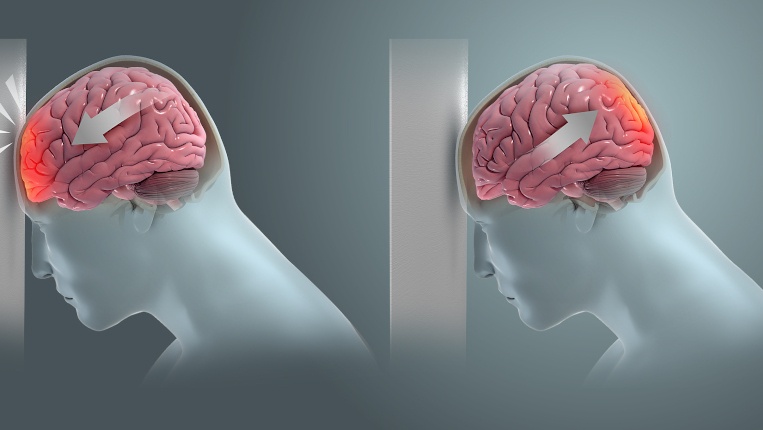
The utility of advanced prehospital interventions for severe brain injury
This article describes the design and protocol of the Head Injury Retrieval Trial (HIRT) which is a randomised controlled single centre trial of physician prehospital care (delivering advanced interventions such as rapid sequence intubation and blood transfusion)
Secondary prehospital insults such as hypoxia, hypotension and hypercarbia have been demonstrated to be associated with poorer outcomes in severe blunt traumatic brain injury (TBI). Many prehospital care systems use advanced level prehospital care providers in the belief that prevention or early correction of these insults will improve patient outcomes. Outcome improvements associated with such prehospital care systems have been difficult to definitively demonstrate however.
Background
The utility of advanced prehospital interventions for severe blunt traumatic brain injury (BTI) remains controversial. Of all trauma patient subgroups it has been anticipated that this patient group would most benefit from advanced prehospital interventions as hypoxia and hypotension have been demonstrated to be associated with poor outcomes and these factors may be amenable to prehospital intervention. Supporting evidence is largely lacking however. In particular the efficacy of early anaesthesia/muscle relaxant assisted intubation has proved difficult to substantiate.
Methods
This article describes the design and protocol of the Head Injury Retrieval Trial (HIRT) which is a randomised controlled single centre trial of physician prehospital care (delivering advanced interventions such as rapid sequence intubation and blood transfusion) in addition to paramedic care for severe blunt TBI compared with paramedic care alone.
Results
Primary endpoint is Glasgow Outcome Scale score at six months post injury. Issues with trial integrity resulting from drop ins from standard care to the treatment arm as the result of policy changes by the local ambulance system are discussed.
Conclusion
This randomised controlled trial will contribute to the evaluation of the efficacy of advance prehospital interventions in severe blunt TBI.
1757-7241-21-69


